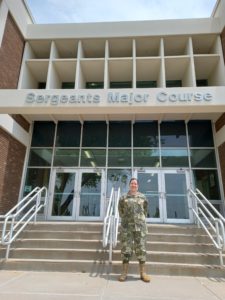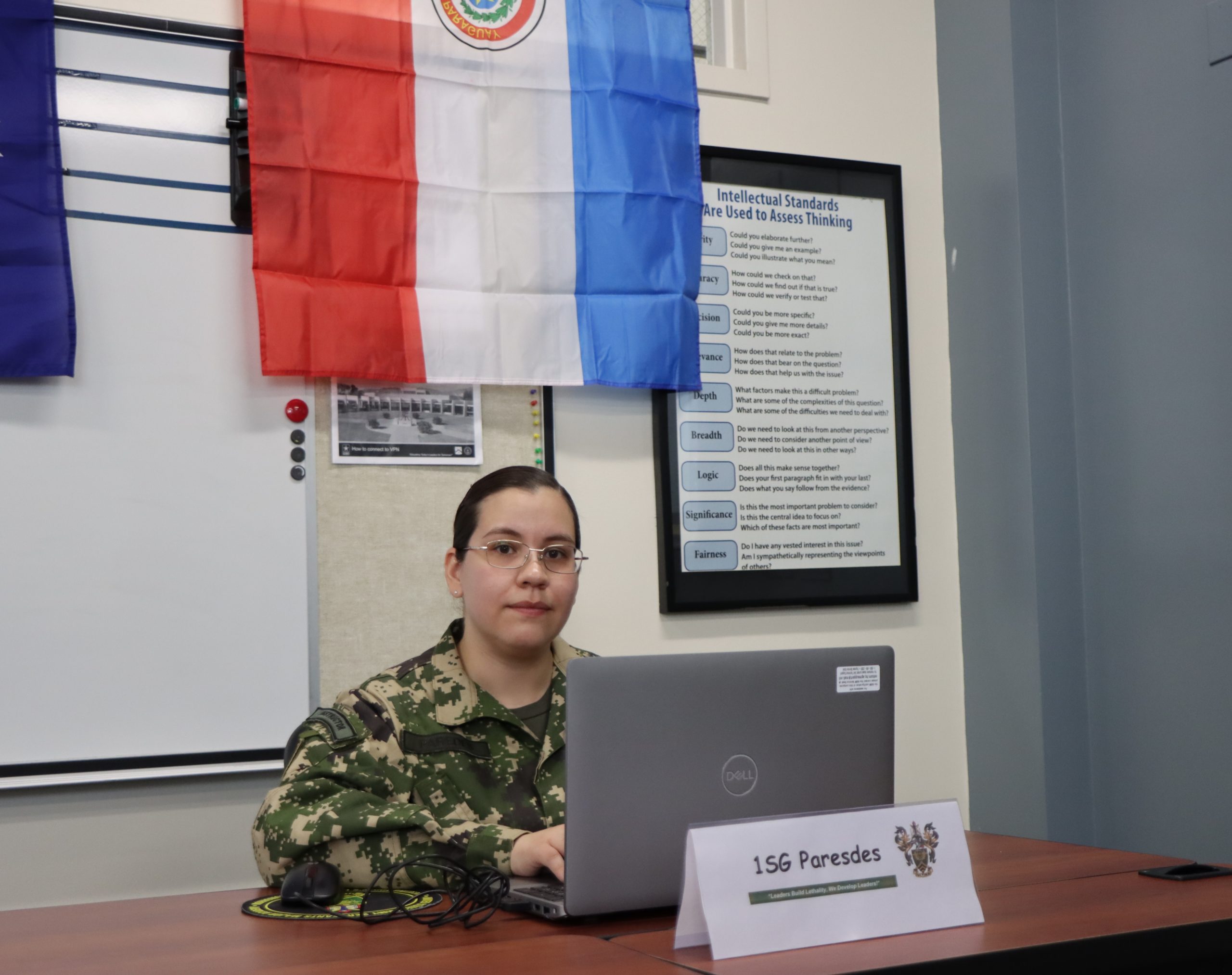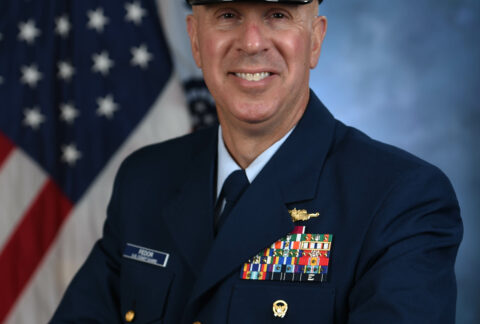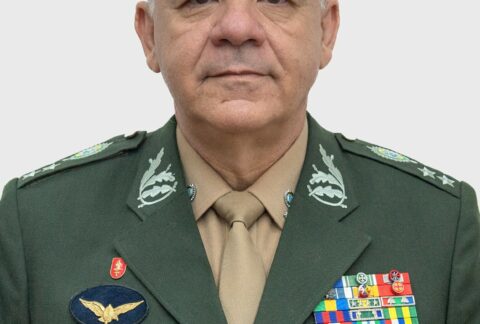Paraguayan Army First Sergeant Antonia Paredes is the first noncommissioned officer (NCO) from her country to attend the Sergeants Major Course at the NCO Leadership Center of Excellence (NCOLCoE) in Fort Bliss, Texas.
First Sergeant Paredes enrolled in the Army in 2013, and since then has focused her military career on showing that gender is no obstacle to achieving professional dreams. She spoke with Diálogo about her military and international experience.
Diálogo: What does it mean to be the first NCO in the Paraguayan Army to attend the NCOLCoE’s Sergeants Major Course?
Paraguayan Army First Sergeant Antonia Paredes: I am truly proud to not only be the first woman to attend the Sergeants Major Course, but also to be the first member of the Paraguayan Armed Forces to attend it. My participation in this course is important for future NCOs, whether male or female, since it represents the beginning of an opportunity to show the professional capacity of our NCO corps, while opening the door to another level of education for my country’s Army.

Diálogo: What does it mean to share experiences with NCOs of the United States and other partner nations at the international level?
1st Sgt. Paredes: I think the main advantage of this experience is the cultural, social, and military exchange. By interacting daily with NCOs from the United States, Europe, and Asia, you get a broader vision of how each leader conducts themselves both in society and with their troops. Each shares their experiences, their ideals, and what their plans are for future missions. Both U.S. and foreign soldiers have here the opportunity to learn, to learn from different cultures a thousand different ways how to be an agile leader who is able to fulfill their duties in any joint environment and adapt them to our own leadership style.
Diálogo: How will you be able to use this international experience to gain a strategic advantage with regard to gender issues in your country’s Army?
1st Sgt. Paredes: In my country’s Army, there are not many courses that are suitable for women, so the fact that I am a woman and the first to take a course at this level means opening of a path for more female soldiers to be considered when candidates are selected to take courses, based on their abilities and not their gender only. The main lesson I take away from this experience is that it’s not gender that matters, but rather your professional capability. Here they did not consider whether I was a woman, but my professional capability to complete the academic curriculum that the academy requires.
Diálogo: What motivated you to be part of the Paraguayan Army?
1st Sgt. Paredes: My main motivation was my father. My father is a retired infantry officer, so I have lived in military barracks all my life. He was always considered an exceptional leader by his subordinates. The image of a leader respected by his subordinates was what led me to make the decision to continue this military life that I had already led since birth.
Diálogo: What do you think has been the greatest challenge in your military career?
1st Sgt. Paredes: It was, without a doubt, being in the military and becoming a mother. I have three children, two girls and a boy. You need to have strength and willpower to do both at the same time. When I decided to take this course, I faced a dilemma of whether I should take this unprecedented opportunity that was being offered to me or stay with my infant son, who was only 6 months old at the time. I made the decision that a service member would make, with the consolation that a year is nothing compared to a lifetime, and that I would return to my children when the course finished, after 13 months, with a certificate in hand and having successfully represented my country.
Diálogo: As a successful female service member, what do you recommend to women who are starting or wanting to start their military career?
1st Sgt. Paredes: My recommendation would be to keep studying, don’t stop after joining the Armed Forces, don’t get stuck because of the army’s traditional approach. It’s scary to take the initiative, but by taking the leap, you’ll achieve many things. And within the context of the Paraguayan Armed Forces that is not so difficult for us to achieve today.









